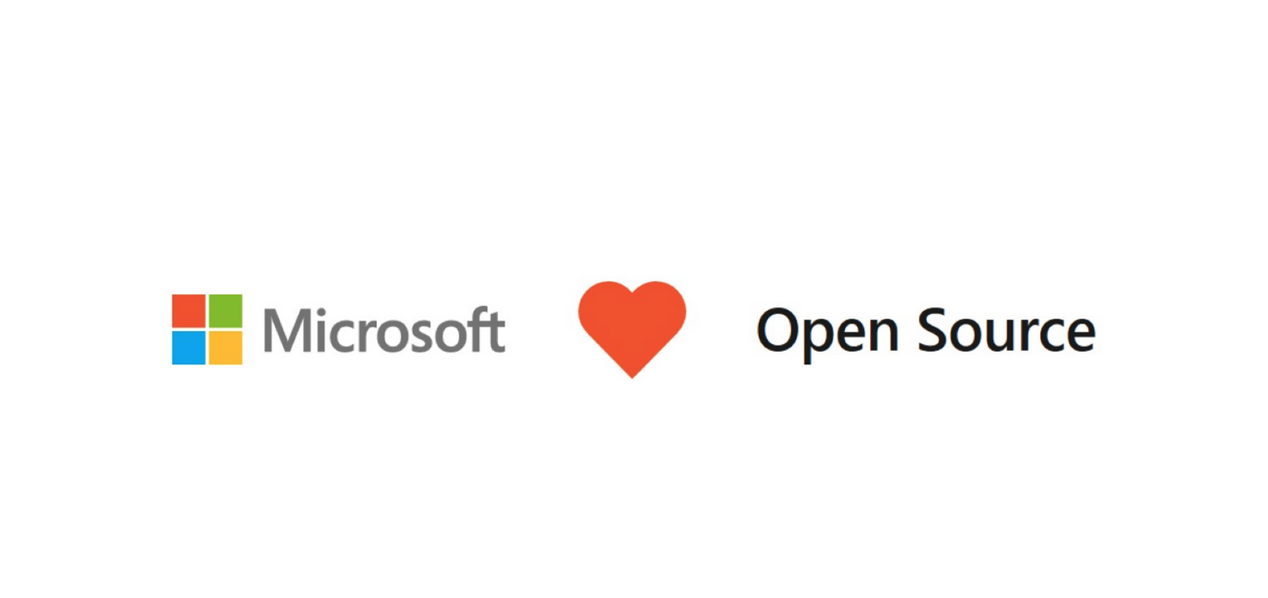When Facebook investor Roger McNamee gives a talk and says that social is “done,” you might well wonder if he’s gone off the rails a bit.
But in one sense McNamee is completely on track with his remarks, whichsignal a big change in the way business and technology will be workingtogether in the very near future: the battle for social media is over andit’s here to stay. The next battleground is open data.
McNamee’s remarks were part of a talk, “10 Hypotheses for TechnologyInvesting,” he led at The Paley Center for Media last June. His remarksabout social media were just one of those ten theories he examined.
“Don’t try to make investments in social media,” McNamee told his audience,“Social is… the platforms are done. They’re finished. Everything is now afeature. Every product’s gotta have social, right? But it’s a check-offitem.”
Essentially, McNamee is framing the discussion for investors, who need tomove beyond thinking social is something new and unique these days. He’s notdismissing social media at all but rather elevating it to something thatjust comes with the territory. True innovation needs to happen on a platformin which social media is a part, not the whole.
This idea of social media as a platform for business innovation is one thatdeserves very special attention, because very soon we are going to see atransparency of business (and personal) communication the likes of which wehave not seen before. If social is a feature of everything, as McNamee wouldstipulate, then your data will very likely be able to appear everywhere.
To get an idea of how this might look, take a look at the services offeredby Google, particularly Google Plus (Google+). While one can argue thatGoogle has its own problems with closed data, there is no denying that thelook and feel of Google+ is very much what an integrated set of social toolsand information services will look like. This tight integration is exactlywhat the next step of communication should look like.
If Google+ can become more open (and there are signs it may do that), thenthe social layer Google+ forms could become as ubiquitous across theInternet as the World Wide Web platform did at the turn of the century. Thesocial layer would become the communications medium and applicationsplatform, in much the way the web is now.
But there is an important caveat there: Google+ would have to be opened upin a way that no one social “site” like Google+, Facebook, or Amazon wouldbe able to lock users in. This would have the effect of chopping theInternet into discrete, weaker pieces of cloth, instead of a beautiful,well-woven tapestry.
The recent launch of the Open Cloud Initiative is a great step in the rightdirection. The new OCI is designed to apply the principles of softwarefreedom to cloud data. Any service that signs onto the OCI would pledge tohave complete interoperability with other services, ensure data could bemoved freely from one service to another, and prevent discrimination basedon data.
And the data is very much at the heart of this effort: the OCI would notlook at a participant’s business model, technology, or license for theirsoftware. All that matters is keeping the data open.
While the OCI focuses on broader policy issues, projects like schema.org aredown in the trenches, developing and advocating collections of schemas (HTMLtags) that webmasters can use to markup their pages in ways recognized bymajor search providers.
Schema.org is important because few people realize that as our informationexplodes, the format of all this information is HTML. And HTML is whatGoogle sees. And Apple. And Facebook. And because HTML is the ultimateformat that shapes our data, Google and Apple have no interest in swimmingagainst that tide. (Facebook still does not want to play ball, because theywould rather keep our data in a walled garden all its own.)
Schema.org, for instance, defines what a first name will look like—on anywebsite, anywhere on the planet. Because when a first name looks different,search engines the world over will have trouble parsing it. And such minordifferences will have a huge impact, because of the scale in which we aretalking. Schema.org will remove those millions of small differences and makecommunication and information flow much easier, thanks to the power of opensource and open data standards. It is the first true data standard.
Whether you agree with their approaches or not, projects like OCI andSchema.org are critical in fulfilling the future that McNamee and otherpundits are talking about: the discussion is no longer about whether socialmedia will prevail, but rather how it will prevail and what users can dowith this social layer next.
Any envisioned social layer must retain data openness, just as the webmaintains its open standards.





